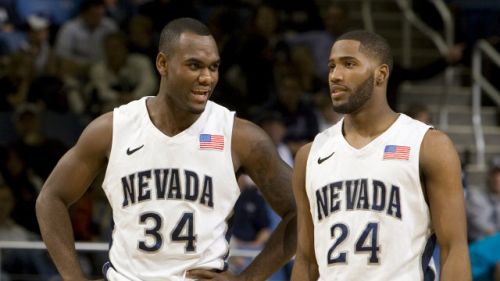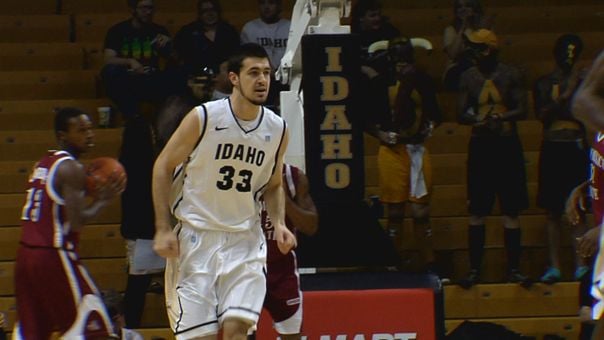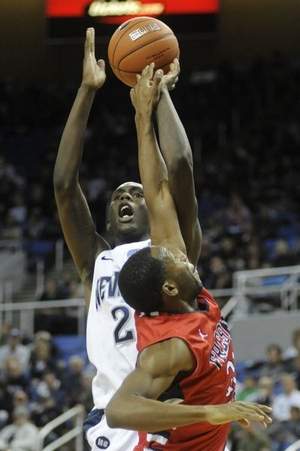California’s Student-Athlete Bill of Rights Could Lead to More Frequent Government-Backed Forays into NCAA Policy
Posted by Chris Johnson on September 28th, 2012Chris Johnson is an RTC columnist. He can be reached @ChrisDJohnsonn.
The wave of appeals to change the NCAA’s amateurism model, and increasing scrutiny therein, is not a new phenomenon. Various ethical questions and proposals were raised in different forms and distinctions over the years as the framework of the modern college athletic scape was tested by a series of scandals. Most recently, the organization has come under sharp criticism for its perceived inaction against Duke and North Carolina, two preeminent programs where an overwhelming swath of evidence points to severe allegations – one academic (UNC) and one amateur-related (Duke). The backlash is as much a byproduct of a widespread desire to see the Tar Heels and Blue Devils face punishment as it is a critique of the NCAA’s approach. But for the most part, the public outcry deals not with the organization’s failure to swing around its punitive heft, but the very structure from which it derives its power. There is a general disagreement with the notion that the organization can leverage the competitive product offered by its athletes – by securing lucrative media rights deals and showcasing its athletes on national networks – without actually compensating those athletes. Fundamental moral reasoning is invoked to criticize the revenue-producing college athlete’s inability to advance himself financially (beyond what’s already provided by athletic scholarships). Free market principles, along with appeals to the decades-old literary-conceived “American Dream” concept, are conjured up to blast the NCAA’s apparent limitations. Whatever the origin or direction of their complaints, the NCAA has weathered a diverse range of challenges to its ruling power, challenges that for the most part have fallen on deaf ears.

With Brown signing into effect the Student Athlete Bill of Rights, the door has been cracked open for future government intervention in NCAA policy (photo credit: Lucy Nicholson/ Reuters).
For years the organization occupied something of an impenetrable perch of incontrovertible truth, as if its methods and guidelines were beyond reproach. But lately, we’ve witnessed a gradual chipping away of that unquestioned status. The Ed O’Bannon lawsuit, which has the potential to dismantle the NCAA’s amateurism structure once and for all (and is scheduled to go on trial in early 2014), is building considerable momentum in advance of what figures to be the landmark athletics court case of the 21st century. An improved public understanding of the organization’s practices and rules has fanned the anti-NCAA flame. Prominent columnists and sports commentators have made bashing the NCAA a monthly, even weekly, practice. The mounting scorn could soon reach a tipping point. Another authoritative challenge materialized Thursday, this time from a ruling body whose power decidedly trumps that which rules college athletics. California governor Jerry Brown signed into law a powerful piece of legislation devised specifically to address student-athletes at the state’s four Pac-12 schools. It’s called the “Student-Athlete Bill of Rights,” and it connotes exactly what you might expect. Much like the document our Founding Fathers concocted amidst the fight against British tyranny – only slightly less primal, and not nearly as influential, of course – the bill secures fundamental freedoms for student athletes beginning in 2013.












































